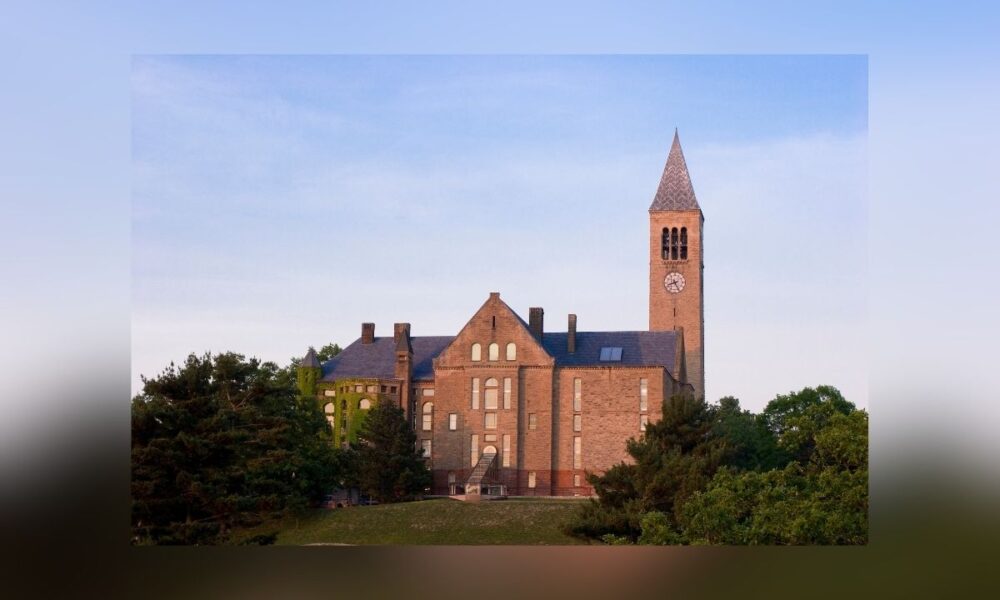Cornell University will pay $60 million and invest heavily in agricultural research under a settlement with federal agencies over pending civil rights violations investigations.
The agreement resolves pending investigations into the Ivy League school’s admissions policies and its handling of campus protests over the war in Gaza. It requires Cornell to provide civil rights training and submit anonymized admissions data through 2028.
Half of the $60 million goes directly to agricultural research programs. The remaining $30 million will be paid to the U.S. government over a three-year period.
“Recipients of federal funding must fully adhere to federal civil rights laws and ensure that harmful DEI policies do not discriminate against students,” Attorney General Pamela Bondi said in a Department of Justice news release. She praised Cornell for “working towards this agreement.”
The university must distribute guidance from the Justice Department on unlawful discrimination to its faculty and staff. Cornell’s president will certify compliance under penalty of perjury.
In exchange, federal agencies will restore terminated grants and treat Cornell as eligible for future funding. The government will also close its investigations into the university’s admissions practices.
“The Trump Administration has secured another transformative commitment from an Ivy League institution to end divisive DEI policies,” said Education Secretary Linda McMahon. She claimed the reforms would help “restore excellence to American higher education.”
Health and Human Services Secretary Robert F. Kennedy Jr. said the agreement “strengthens protections for students against antisemitism and all other forms of discrimination.” The deal requires Cornell to conduct annual campus climate surveys.
Assistant Attorney General Harmeet K. Dhillon called the settlement “groundbreaking.” She said it ensures “applicants and students will receive fair and equal treatment as required by our civil rights laws.”
The agricultural research funding aims to reduce production costs and boost efficiency for American farmers. Cornell must also comply with federal requests regarding foreign funding sources.
Cornell President Michael I. Kotlikoff issued a statement about the agreement, noting that the university “has not been found in violation of Title VI of the Civil Rights Act of 1964 in any of the investigations or compliance reviews of the university’s programs.”
“The agreement explicitly recognizes Cornell’s right to independently establish our policies and procedures, choose whom to hire and admit, and determine what we teach, without intrusive government monitoring or approvals. … It reaffirms, as well, our continuing commitment to follow the law, protect everyone in our community from discrimination, and make admissions and hiring decisions based on merit —principles to which we have already independently and publicly committed …” the statement continued.


